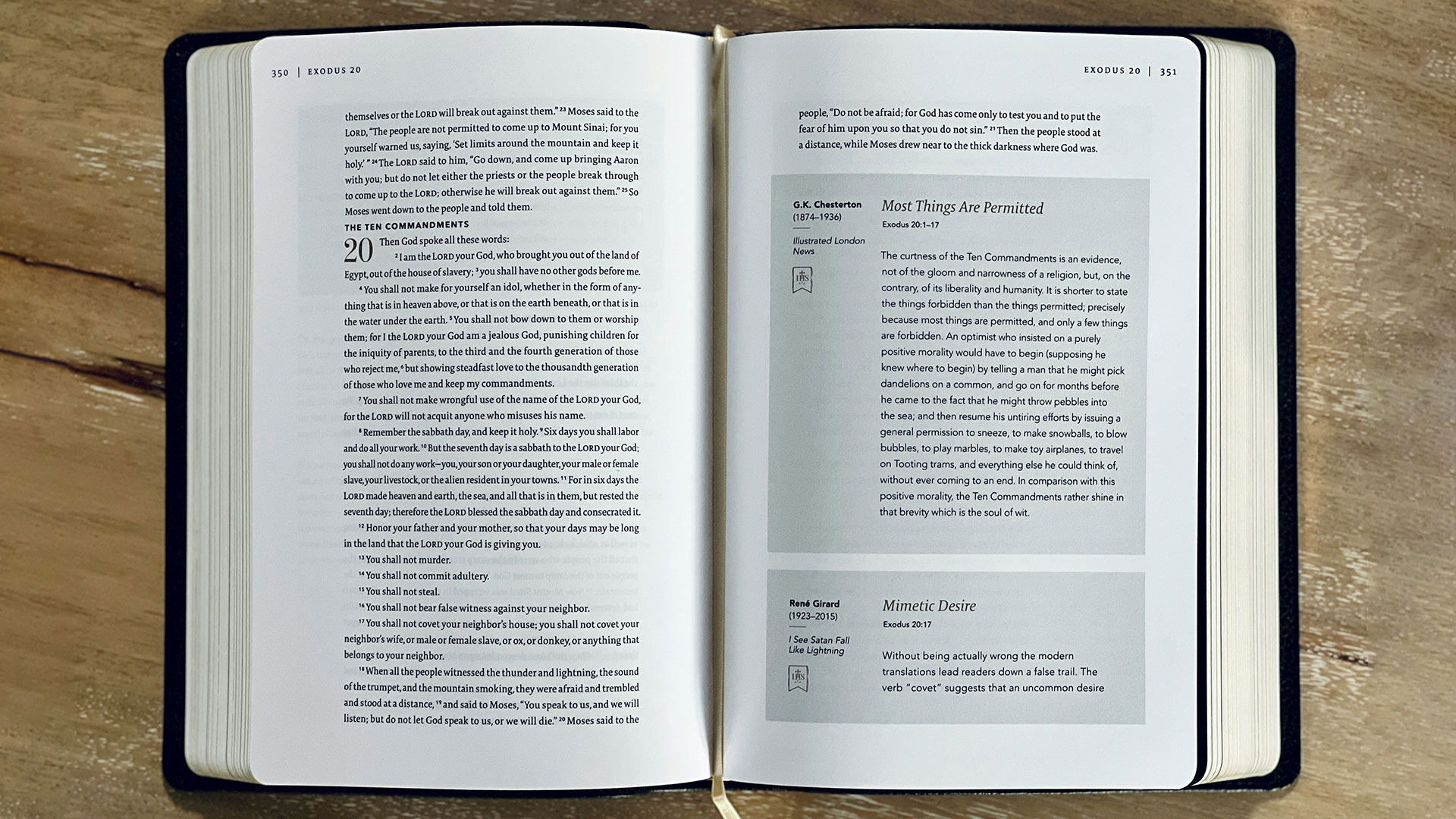1 If I speak in the tongues of men and of angels, but have not love, I am a noisy gong or a clanging cymbal. 2 And if I have prophetic powers, and understand all mysteries and all knowledge, and if I have all faith, so as to remove mountains, but have not love, I am nothing. 3 If I give away all I have, and if I deliver up my body to be burned, but have not love, I gain nothing.
4 Love is patient and kind; love does not envy or boast; it is not arrogant 5 or rude. It does not insist on its own way; it is not irritable or resentful; 6 it does not rejoice at wrongdoing, but rejoices with the truth. 7 Love bears all things, believes all things, hopes all things, endures all things.
8 Love never ends. As for prophecies, they will pass away; as for tongues, they will cease; as for knowledge, it will pass away. 9 For we know in part and we prophesy in part, 10 but when the perfect comes, the partial will pass away. 11 When I was a child, I spoke like a child, I thought like a child, I reasoned like a child. When I became a man, I gave up childish ways. 12 For now we see in a mirror dimly, but then face to face. Now I know in part; then I shall know fully, even as I have been fully known. 13 So now faith, hope, and love abide, these three; but the greatest of these is love.
Exhortation on 1 Corinthians 13
Hello everyone,
Today, we are going to talk about a very special chapter in the Bible: 1 Corinthians 13. This chapter is often called the “Love Chapter” because it beautifully describes what true love is and why it is so important. Let’s dive into what each part of this chapter means for us.
The Importance of Love (Verses 1-3)
1 Corinthians 13 starts by telling us that no matter how talented or powerful we are, if we don’t have love, it’s all meaningless. Imagine being able to speak many languages, or even the language of angels, but without love, it would be like a noisy gong or a clanging cymbal—just noise without any meaning.
Even if we have great gifts like prophecy, understanding all mysteries, all knowledge, and faith that can move mountains, without love, we are nothing. And even if we give away everything we have or sacrifice ourselves, if we do it without love, we gain nothing.
This shows us that love is the most important thing. All our abilities and actions mean nothing if they are not done with love.
What Love Is (Verses 4-7)
The next part of the chapter tells us what love looks like. Love is patient and kind. Think about the times when you’ve been patient with a friend who was having a hard day or kind to someone who needed help. That’s love in action.
Love does not envy or boast. It’s not jealous of others or bragging about itself. It is not arrogant or rude. Instead, love is humble and treats others with respect.
Love does not insist on its own way. It’s not selfish or demanding. It is not irritable or resentful. Love keeps a cool head and doesn’t hold grudges.
Love does not rejoice at wrongdoing but rejoices with the truth. It means that love is happy when things are done the right way and when people are honest and true.
Love bears all things, believes all things, hopes all things, endures all things. This means that love is strong and supportive. It believes in the best, hopes for the best, and never gives up.
The Everlasting Nature of Love (Verses 8-13)
The chapter continues by saying that love never ends. Other things like prophecies, speaking in tongues, and knowledge will pass away, but love will last forever. Right now, we only know part of the picture, like seeing a dim reflection in a mirror. But one day, we will see everything clearly, face to face.
When we grow up, we put away childish ways. In the same way, as we grow in our faith, we learn to love more deeply. Now we know only a part of the full picture, but when we are with God, we will understand everything fully, just as God fully understands us.
The chapter ends by saying that three things remain: faith, hope, and love. But the greatest of these is love. This shows us that love is the most important thing we can have and give.
Conclusion
1 Corinthians 13 teaches us that love is the most important gift we can have. It’s not just about having special abilities or doing great things, but about doing everything with love. Love is patient, kind, humble, and never gives up. It is something that lasts forever and is the greatest gift we can share with others.
Whenever you face challenges or are unsure of what to do, remember to choose love. Let’s practice being patient, kind, and supportive to those around us. Let’s make sure our actions are always done with love, because that’s what truly matters.
A Prayer
Dear God,
Thank You for teaching us about the importance of love. Help us to be patient, kind, and humble in all that we do. Show us how to love others the way You love us. Guide us to live our lives with love, making a positive impact on everyone we meet.
In Jesus’ name, Amen.
I hope you enjoyed learning about 1 Corinthians 13. Remember, the greatest gift we can have and share is love. Let’s strive to live our lives with love every day.




